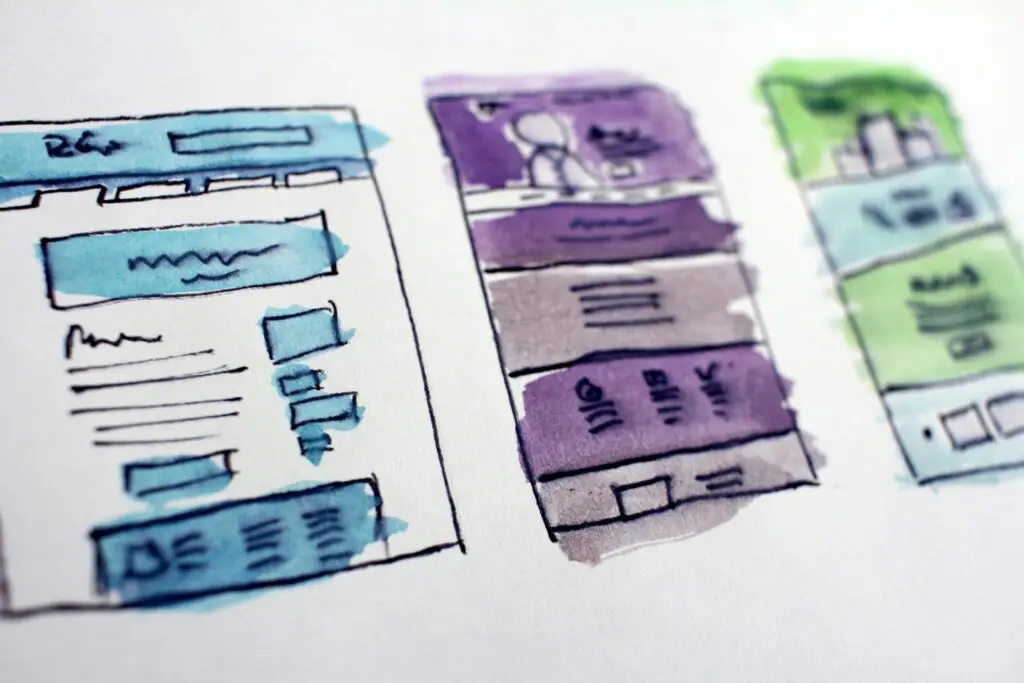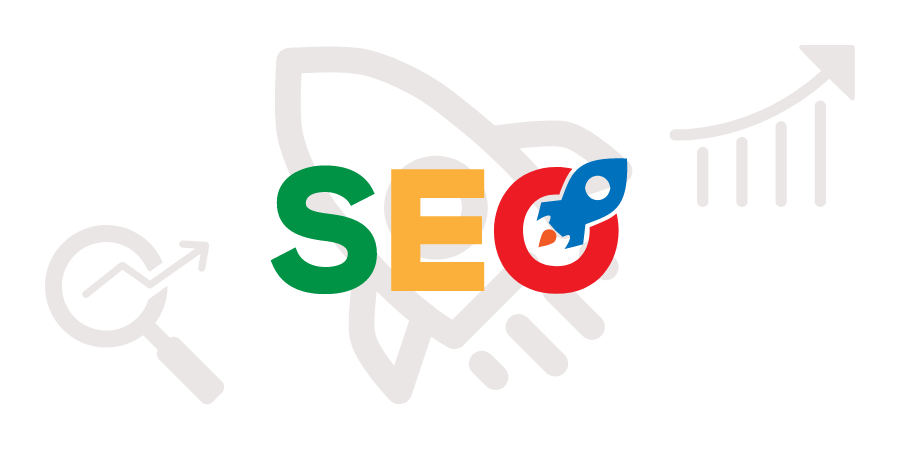Website Design for Business Growth (Step-by-step Guide-2025)
ibizncom
October 11, 2024

Introduction In today’s digital world, your website is often the first interaction customers have with your brand. Whether you’re a small business or a global enterprise, a well-designed website can make or break your online presence. This guide will explore why website design is essential for your business success in 2025, focusing on best practices and trends that drive traffic and conversions.
Why Website Design is Important for Business Success

A website is more than just an online brochure. It is the heart of your digital strategy. Here are some reasons why website design is crucial:
First Impressions Matter: A visitor forms an opinion about your site within 0.05 seconds. A professional and attractive design can capture their attention instantly.
Improves User Experience (UX): A well-structured site helps visitors navigate easily, find the information they need, and complete actions such as purchases or inquiries.
SEO Benefits: Google prioritizes user-friendly websites. A fast, responsive, and mobile-friendly site ranks higher in search engine results, leading to increased visibility.
Builds Trust: A clean and modern website design helps establish trust with your audience. If your site looks outdated, potential customers may question your credibility.
Key Website Design Trends for 2025
As technology evolves, so do user preferences. Here are the top website design trends that will dominate in 2025:
Minimalist Aesthetic
Simplicity is key. A clean, minimalist design focuses on the essential elements, making the user experience smoother. Avoid clutter and use whitespace effectively.Dark Mode
Dark mode is becoming more popular because of its sleek look and energy-saving benefits. Offering a dark mode option can improve the overall user experience and enhance your site’s modern appeal.Mobile-First Design
With more than 50% of web traffic coming from mobile devices, designing a mobile-friendly website is no longer optional. Google’s mobile-first indexing also means that your mobile version must be as optimized as your desktop site.Bold Typography
Large, bold typography draws attention and emphasizes key messages. Pair it with simple graphics to create a modern, visually appealing layout.Interactive Elements
Interactive features such as quizzes, sliders, or hover animations engage users and keep them on the site longer. The more interactive your site is, the more likely visitors will explore it.
Website Design Best Practices for SEO
When designing a website, you must also ensure it is SEO-friendly. Here are some website design best practices that boost your SEO score:
Mobile Responsiveness
Ensure your site adapts perfectly to different screen sizes. Google prioritizes mobile-responsive websites, and a seamless mobile experience can boost your rankings.Fast Loading Speed
Page speed is a critical ranking factor. Compress images, use efficient coding, and leverage browser caching to make your site load quickly.Clear Navigation
A well-structured navigation menu improves user experience and helps search engines crawl your site effectively. Make sure your navigation is simple, intuitive, and allows users to find what they need in just a few clicks.Optimized Images
Use descriptive filenames and alt tags for images. Optimized images not only enhance user experience but also help search engines understand the content better, improving your chances of ranking in image search results.Internal Linking
Linking to other pages on your website keeps users engaged and helps search engines crawl your site more effectively. Always use relevant anchor texts for internal links.Meta Tags and Descriptions
Every page should have a unique meta title and description that includes target keywords. Meta descriptions help increase click-through rates (CTR) when your site appears in search results.
How to Choose the Right Website Design Partner
Choosing the right web design agency or freelancer can significantly impact your business. Here’s what to look for:
Experience and Portfolio
Check out the designer’s portfolio to see if their design style aligns with your vision. Ensure they have experience in your industry and understand your business needs.SEO Expertise
A good web designer understands the importance of SEO. They should build your website with SEO best practices in mind, ensuring it is well-optimized for search engines from day one.Customization Options
Avoid templates if you want your website to stand out. A customized design tailored to your brand will set you apart from competitors.Ongoing Support
Website design doesn’t end at launch. Make sure your design partner offers ongoing support and maintenance to fix bugs, make updates, and optimize performance.
Conclusion: Invest in a Website Design that Works
A well-designed website is the cornerstone of your digital success. From improving user experience to boosting SEO performance, the right website design strategy can attract more visitors, generate leads, and increase conversions. Don’t underestimate the power of a professional, modern website—invest in design today to reap the benefits tomorrow.


